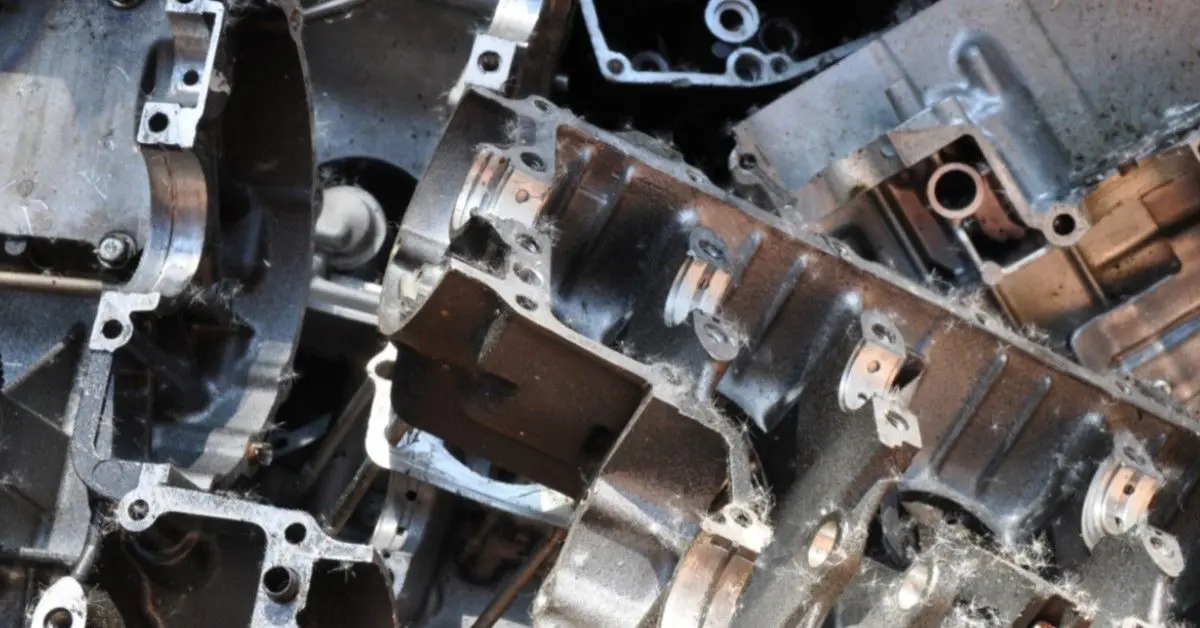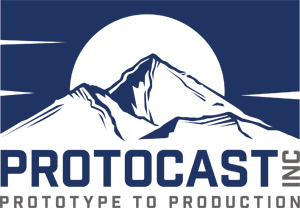
August 27, 2019 | Prototype Casting
Aluminum Heat Treating — Why You Need It For Your Alloy Castings
At Protocast Inc., we are the premier foundry in the greater Denver area. But you don’t get to be the premier foundry by simply offering casting and machining services — you also need to go above and beyond.
When our team begins a new project, we do so with the intent to cast or machine a prototype or intricate part with the hopes and goal that it is precision-made, strong, and meets all the functional needs of our clients. One of the services that we offer in order to manufacture stronger and higher quality products is our aluminum heat treating services — a service that takes aluminum castings and strengthens them to T6 conditions within 2-3 days of us receiving the parts.
In today’s blog, we are going to discuss what aluminum heat treating is, how it could benefit your aluminum cast, and how our Denver area foundry can help.
What Is Aluminum Heat Treatment?
Aluminum heat treating is a methodology that allows aluminum alloy casts to become stronger and more structurally stable. When it comes to tempering aluminum alloy cast, there is a tempered scale ranging from T1-T10 that refers to the tempered strengths of the cast after the heating process. As the T-number increases, the length of the process and the amount of stretching, compressing, and other processes are repeated.
At Protocast Inc., we can heat treat aluminum allow casts to the T-6 temper code — meaning that a two-step heat treatment process is performed and the alloy can be strengthened by as much as 30%.
During the aluminum heat-treating process, there are a number of different repeated steps, but in reality, there are only two differentiated steps that are used to harden the aluminum alloy cast — quenching and aging.
What Is Quench Hardening?
Quenching is the act of rapidly cooling the cast or machined part by submerging it in water. Typically speaking — but depending on the size and nature of the prototype — quenching involves rapidly heating the metal allow and keeping it at a sustained high temperature for a number of hours. Time and temperature variables are determined by the exact size and composition of each prototype, meaning that the exact measurements will differentiate between different pieces.
Once the materials have been heated for some time, the prototype is removed from the oven where it has been heating. After it has been heated for the desired amount of time, it is submerged in a liquid bath or some cases an air furnace for rapid cooling. After it has soaked or remained in the air furnace for some time, it can be removed and continue cooling, it is submerged again in quenching fluid (usually water), where the prototype completely cools off.
What Is The Purpose Of Quenching?
Quenching is part of the hardening process, but its real purpose is not so black and white. With some metals, the quenching process can change the structure of crystal structures and make the structures harder, but for aluminum, quenching is a little different. Quenching aluminum dissolves all of the alloying elements into a solid solution within the aluminum — thus making it more solid. And now it is ready to be aged.

What Is Aluminum Aging?
Aging is a technique that is used to physically strengthen metals — including aluminum alloys. In addition to strengthening the metals, aging can also give the metals different properties like high coercivity, also known as the reduction in the magnetization of the metal.
When the aging process begins the alloy is placed in an oven at low heat for up to 10 hours. It is then air-cooled, allowing the piece to be precipitation hardened. During the cooling process, copper aluminum crystalline structures are formed. Depending on the temperature that the prototype was aged at, as well as the duration of the aging process, the crystalline structures can be big or small — with the larger crystalline structures resulting in a stronger finished product.
Where Can I Have My Aluminum Casting Heat Treated To The T6 Condition?
If you are looking for a strong T6 treated aluminum alloy cast, we urge you to bring your untreated cast to our Denver area foundry. Not only can we get your project completed quickly, but it will also leave your prototype stronger and more resilient for testing or molding purposes. In fact, we can return your newly treated T6 aluminum cast to you within 2-3 days of us receiving it at our foundry location.
Contact us today and let’s schedule your project!


